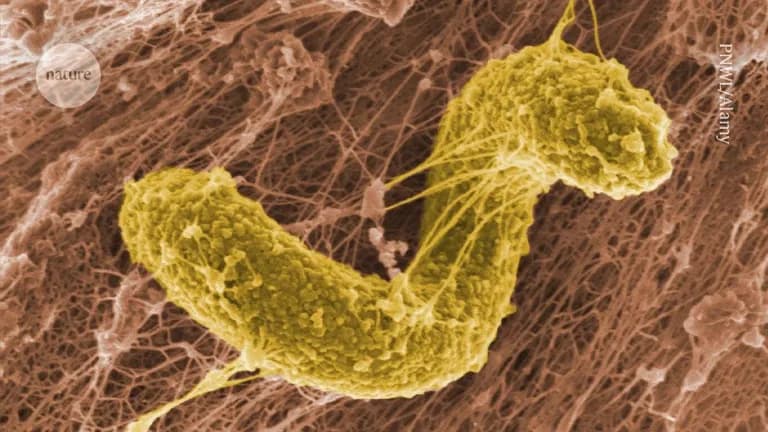Summary
Study found that a high-fat diet increased the number of Desulfovibrio bacteria in the guts of mice, suppressing their immune systems and accelerating tumour growth. Findings could spark new ideas for therapies for breast cancer, the most common malignancy affecting women worldwide.
The findings could lead to new treatment options. “If bacterial-derived leucine seems to be driving some of the cancer risk of a high-fat diet, how do we maybe reduce that, and encourage non-leucine-producing bacteria?” asks Hursting.
